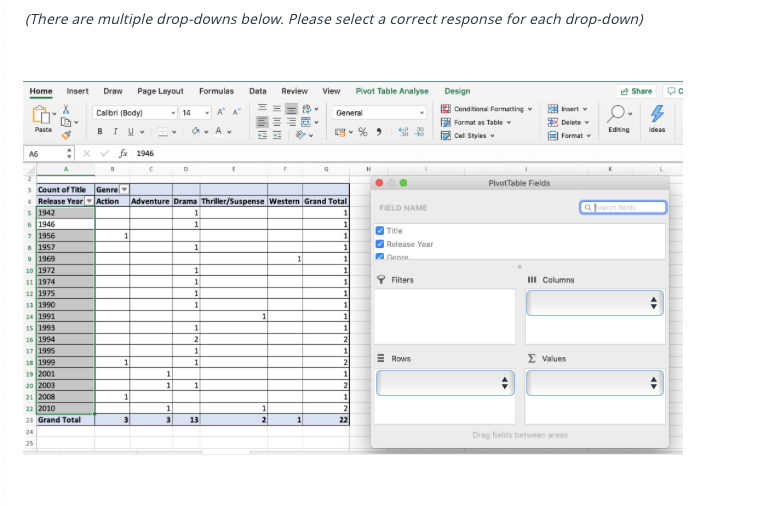
Make talent quality your leading analytic with skills-based hiring solution.

A Business analyst helps companies make informed decisions by analyzing data and information and working with teams to align objectives.
Responsibilities:
Requirements:
These business analyst interview questions will help you evaluate candidates’ knowledge, skills, and experience in analyzing business processes and identifying areas for improvement.
Access more interview questions here
A Business Analyst needs a diverse skill set to excel in their field. Some of the top skills for a Business Analyst would include skills like: data analysis, problem-solving, requirements gathering, process mapping, project management, documentation, test and validation skills and more.
Glider AI skill assessments are a great tool to help hire a technically sound Business Analyst Here’s an example from our skill assessments for an Business Analyst:
Topic: MS Excel (Pivot)



Introduction Technical roles are some of the hardest to fill. The process is a landmine of recruitment challenges. HR teams often find themselves under-resourced and struggling to find suitable talent, while engineers waste too much time interviewing candidates who don’t meet the necessary qualifications. Meanwhile, high-quality candidates get frustrated by slow and inefficient hiring processes and […]

What is QA and Testing? Quality Assurance (QA) and testing are integral processes in software development aimed at ensuring the reliability, functionality, and usability of applications. QA involves establishing standards and procedures to monitor and improve the software development lifecycle, focusing on preventing defects and identifying areas for optimization. It encompasses various activities such as […]

Whether hiring for an entry-level web developer position or a web architect, asking the right JavaScript coding questions lets you assess the candidate’s depth of knowledge in core JavaScript concepts, problem-solving skills, and understanding of modern JavaScript practices. More than identifying which people in your pool of applicants can answer technical questions, these JavaScript interview questions also reveal who […]